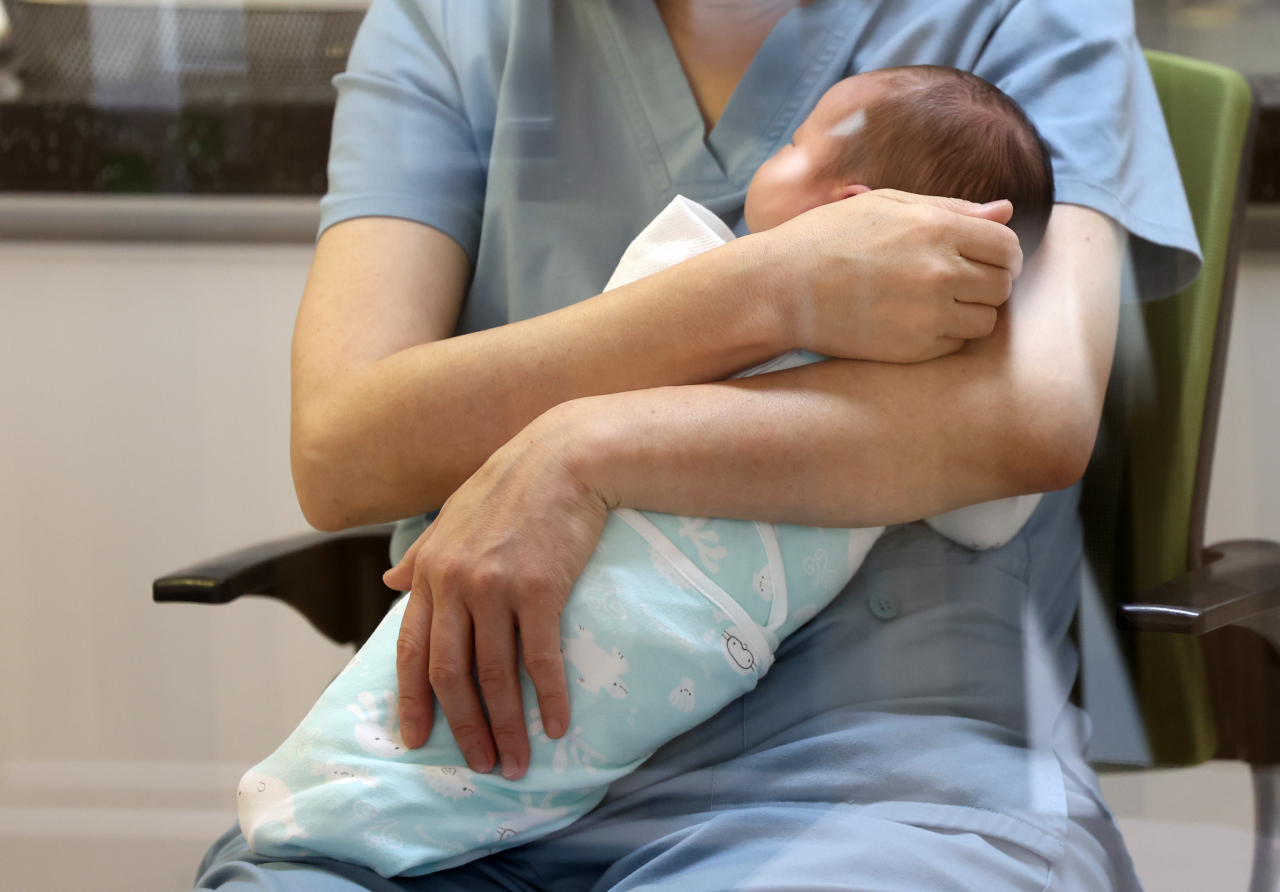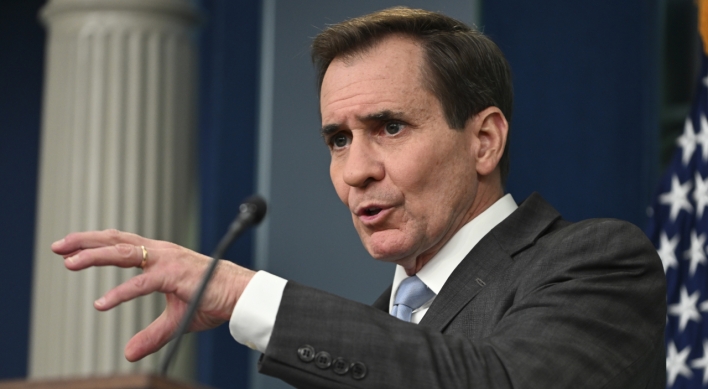Regional governments roll out measures to boost birth rate
By Yoon Min-sikPublished : Dec. 24, 2023 - 16:01

With the country's record-low birth rate expected to fall even further next year, regional governments across the country have been implementing policies to motivate South Korean families to have more children.
A December report by Statistics Korea projected that the country's total fertility rate -- the number of children a woman is expected to have in her lifetime -- will be 0.68 in 2024 and 0.65 in 2025. South Korea already recorded the lowest figure in the world with 0.78 in 2022, which tumbled further to 0.72 this year.
In a bid to fight the faltering birth rate, Gimcheon -- a city of some 140,000 in North Gyeongang Province -- is providing a 1 million won ($770) subsidy for citizens who got surgery to reverse their vasectomy or tubal ligation. The person must be married and have resided for at least three months in the city prior to the operation, and he or she must submit the necessary papers to the local public health centers within three months of getting the treatment.
Seoul's Gwangjin district is covering 90 percent of the total costs of sterilization reversal surgeries -- up to 1 million won -- for married citizens living in the area for at least six months. An application must be submitted within two months of the surgery.
The city of Gunpo in Gyeonggi Province is offering a 600,000 won subsidy for reverse vasectomies or reverse tubal ligations of its citizens. The beneficiary must have lived in the city for at least six months and married.
Other regions in South Korea including Changwon City in South Gyeongsang Province, Jecheon City, Jincheon-gun in North Chungcheong Province, and Mokpo City, Yeonggwang-gun, Jindo-gun in South Jeolla Province offer similar benefits.
The Incheon Metropolitan Government on Monday rolled out a plan that will provide a 100 million won subsidy for each South Korean child born and raised in the city. This includes 1 million won for medical costs of childbirth, a 2 million won subsidy payment upon the birth of the child, and monthly cash allowance for the child from birth to 18 years of age.
Incheon Mayor Yoo Jeong-bok explained that the focal point of this policy is to provide continuous support for all phases of a child's life.
The regional government of Hwacheon-gun, Gangwon Province fully subsidizes college tuitions for young adults, as long as their parents have lived in the region for at least three years.
Authorities are hoping the policies will be sufficient to battle the demographic cliff, a major drop in the working population induced by the falling fertility rate and growing older population. Another December report by the Statistics Korea forecast a potential drop of over 40 percent of the country's population in the next 50 years, with 47.7 percent projected to be 65 or older.





![[Music in drama] Rekindle a love that slipped through your fingers](http://res.heraldm.com/phpwas/restmb_idxmake.php?idx=644&simg=/content/image/2024/05/01/20240501050484_0.jpg&u=20240501151646)




![[New faces of Assembly] Architect behind ‘audacious initiative’ believes in denuclearized North Korea](http://res.heraldm.com/phpwas/restmb_idxmake.php?idx=644&simg=/content/image/2024/05/01/20240501050627_0.jpg&u=20240502093000)








![[Today’s K-pop] Stray Kids go gold in US with ‘Maniac’](http://res.heraldm.com/phpwas/restmb_idxmake.php?idx=642&simg=/content/image/2024/05/02/20240502050771_0.jpg&u=)